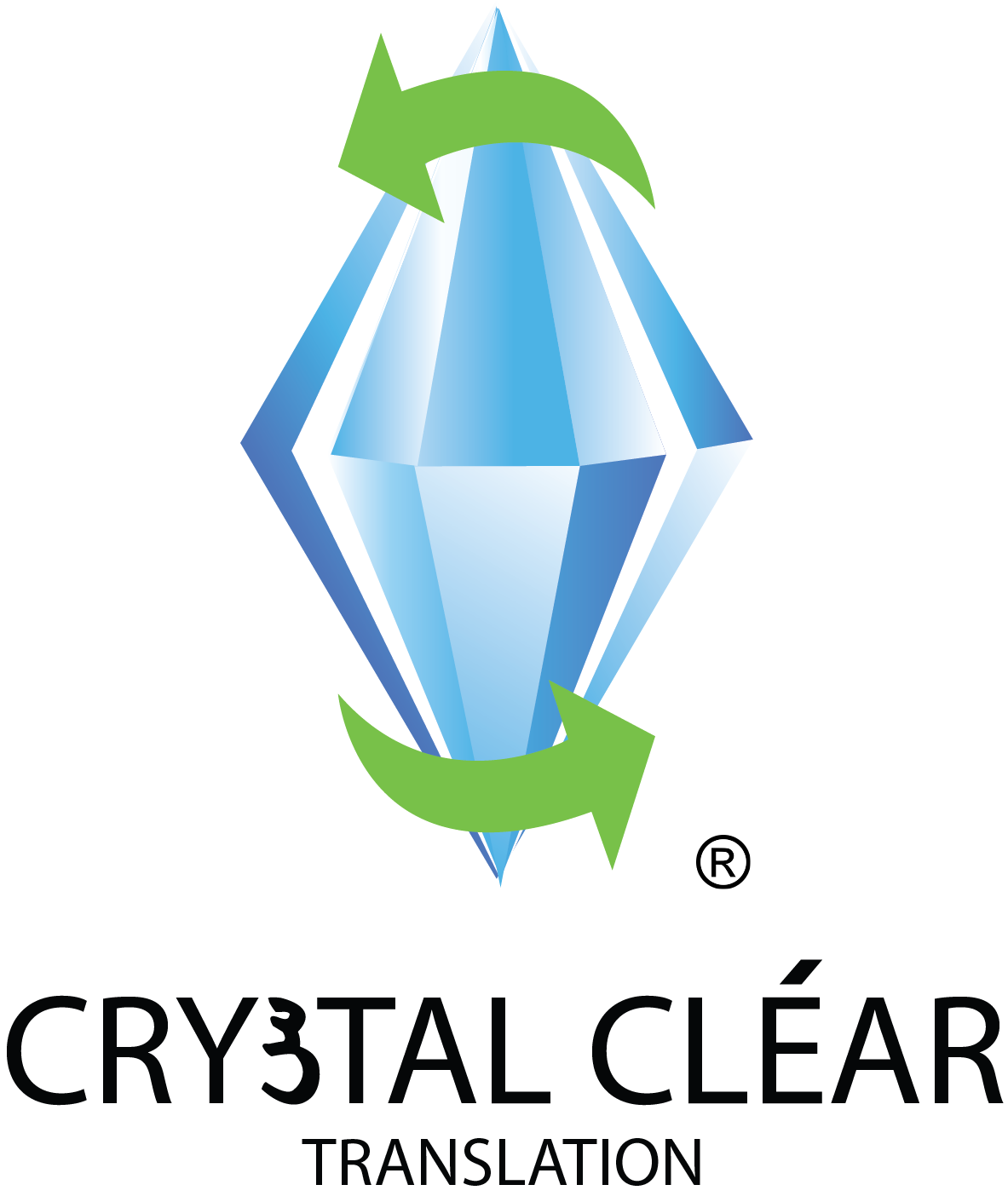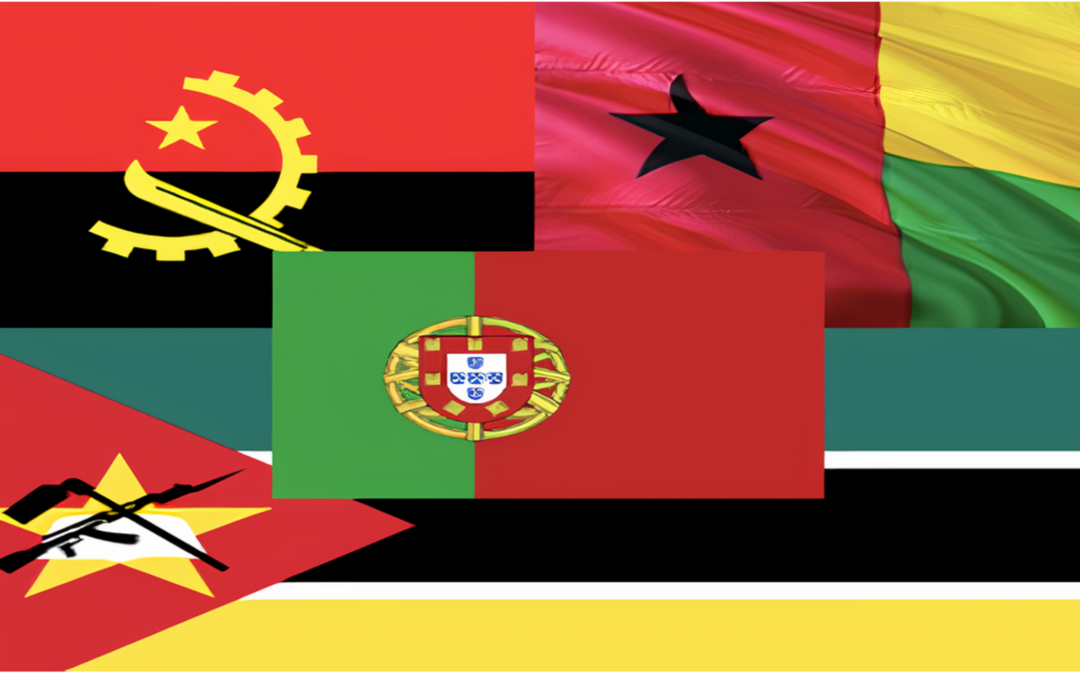This blog was written by Callum Madle.
In Guinea-Bissau, Angola and Mozambique, the Portuguese language is used as a lingua franca (a common language) and is also used in the education system, the media and legal documentation. Angola is the second largest Portuguese speaking nation in the world; around 18 million people speak Portuguese in the country. In Mozambique, ten million people speak the Portuguese language, and in Guinea-Bissau, an estimated 200,000 people still speak Portuguese, the majority of whom live in the capital city Bissau.
These three countries, which all use Portuguese as an official language are known as Lusophone countries, of which there are six countries in total in the African continent. The six Lusophone African countries in which Portuguese is an official language are known as the PALOP (Países Africanos de Língua Oficial Portuguesa). The PALOP consists of Angola, Cape Verde, Guinea-Bissau, Mozambique, São Tomé and Príncipe and Equatorial Guinea.
In the 15th and 16th century, the expansion of the Portuguese Empire into the Africa led to the introduction of the Portuguese language to the continent. The main regions of Africa occupied by the Portuguese Empire were known as Portuguese Guinea, Cape Verde, Portuguese East Africa, Portuguese West Africa, and Portuguese São Tomé and Príncipe. These regions gained independence from the Portuguese Empire in 1974-5, after the 13 year-long Portuguese Colonial War and the Carnation Revolution in Portugal, which saw the overthrow of the Estado Novo regime and the end of the Portuguese Colonial Empire.
In the 20th and 21st century, the Portuguese language in Guineau-Bissau, Angola and Mozambique has fluctuated and developed into three different dialects of the language known as Angolan Portuguese, Mozambique Portuguese, and Guinea-Bissau Creole.
Angolan Portuguese
The first documented use of the Portuguese language in Angola were letters written by royalty in the Kingdom of Kongo, dating from the 16th to 18th centuries. However, these texts contained Portuguese closer to traditional standard Portuguese, and were most likely written by Portuguese scribes than by speakers of the Angolan Portuguese dialect. Modern Angolan Portuguese has individual charactersitics that are unique from standard Portuguese, and the dialect also borrows vocabulary from regional Angolan dialects.
For instance, in Angolan Portuguese, the word “kota” is used for an elderly person, which is borrowed from the Kimbundu word “di-kota”. This word is used to describe an elder in the Kimbundu language, the second most widely spoken Bantu language in Angola. Angolan Portuguese also borrows the words “bazar” (meaning to “go away”, derived from “kubaza”), “camba” (meaning friend, derived from the word “di-kamba”) and “bué” (meaning many, derived from the word “mbewe”) from the Kimbundu language.
In addition to this, spoken Angolan Portuguese differs from spoken European Portuguese. Consonants are more strongly pronounced in Angolan Portuguese, such as the letters “s”, “t” and “r”. The word for “Friday” in Portuguese, “sexta-feira” would be pronounced in Angolan Portuguese as “say-shta feh-ra”, but spoken in European Portuguese, “feira” is pronounced in a softer tone as “fay-ra”. This variation in pronunciation bears some similarity to the treatment of consonants in Brazilian Portuguese.
Mozambican Portuguese
Like Angolan Portuguese, Mozambican Portuguese has some of its own individual characteristics that can distinguish this dialect from European Portuguese. However, it also shares some similarities with its predecessor language. For example, both Mozambican Portuguese and European Portuguese are SVO (subject-verb-object) languages. The sentence, “he saw me”, would be translated in the exact same way in both Mozambican and European Portuguese: “via-me”.
However, one way in which Mozambican Portuguese differs from European Portuguese is the use of proclisis in its syntax construction. Proclisis is the language phenomenon that a reduced form of a word is attached to the beginning of another existing word. This phenomenon can be observed in the way in which the phrase “he takes responsibility” would be written in Mozambican and European Portuguese: “ele se responsabiliza” (Mozambican Portuguese), “ele responsabiliza-se” (European Portuguese). In Mozambican Portuguese, the reflexive pronoun ‘se’ is placed between the male subject “ele” and the verb “responsabiliza”, whereas in the European Portuguese, the reflexive pronoun article is attached to the end of the verb. The lack of proclisis is also present in the Brazilian Portuguese language.
Mozambican Portuguese has also borrowed vocabulary from the Bantu languages and incorporated them. For instance, the word “chima”, is a word for a type of porridge borrowed from the Makhuwa, Sena and Nyungwe languages that are spoken in Mozambique. The word “madala”, has been borrowed from the Tsonga language, refers to an elder, or a person worthy of esteem. The Mozambican Portuguese language has also been influenced by other languages such as Arabic, with the use of the word “metical”, the national currency of Mozambique, which derives from “miktal”, the Arabic word for a unit of weight. Some words in the language are also shared between the other Lusophone countries in Africa, such as the “machimbombo”, the word for a bus.
Guinea-Bissau Creole
While the official language of Guinea-Bissau is standard European Portuguese, the Guinea-Bissau Creole is a dialect influenced by Portuguese that is widely spoken in the country. This dialect is an SVO (subject-verb-object) language which shares similarities with other variations of creole, such as Casamance Creole (spoken in Senegal). It is mainly spoken in the city of Bissau, the capital of Guinea-Bissau, and is also used in the context of trade and commerce. It is also used in media and communication, as well as the Portuguese language.
This creole is characterised in its spoken form by glottal closure, or vocal cord closure, which describes the closure of the glottis (part of the larynx). For instance, the word “alguém” (meaning “someone”), is pronounced in Guinea-Bissau Creole as “algin”. Guinea-Bissau Creole has also borrowed a lot of vocabulary from the Portuguese language, as well as local dialects. For example, the phrase “good night” in Portuguese, “boa noite”, is similar to “bo noite”, the same phrase in Guinea-Bissau Creole.
In Conclusion
While there are some similarities between the European Portuguese and the variations from Angola, Guinea—Bissau, and Mozambique, it is evident that these languages have many diverse characteristics and interesting influences from regional languages in their countries, and from Arabic and Creole. Therefore, Angolan Portuguese, Mozambique Portuguese, and Guinea-Bissau Creole may not necessarily be intelligible to a speaker of the European Portuguese language.
If you require translation or interpreting services in Angolan Portuguese, Mozambique Portuguese, Portuguese dialects or any other language, you can get a quote here from Crystal Clear Translation.


